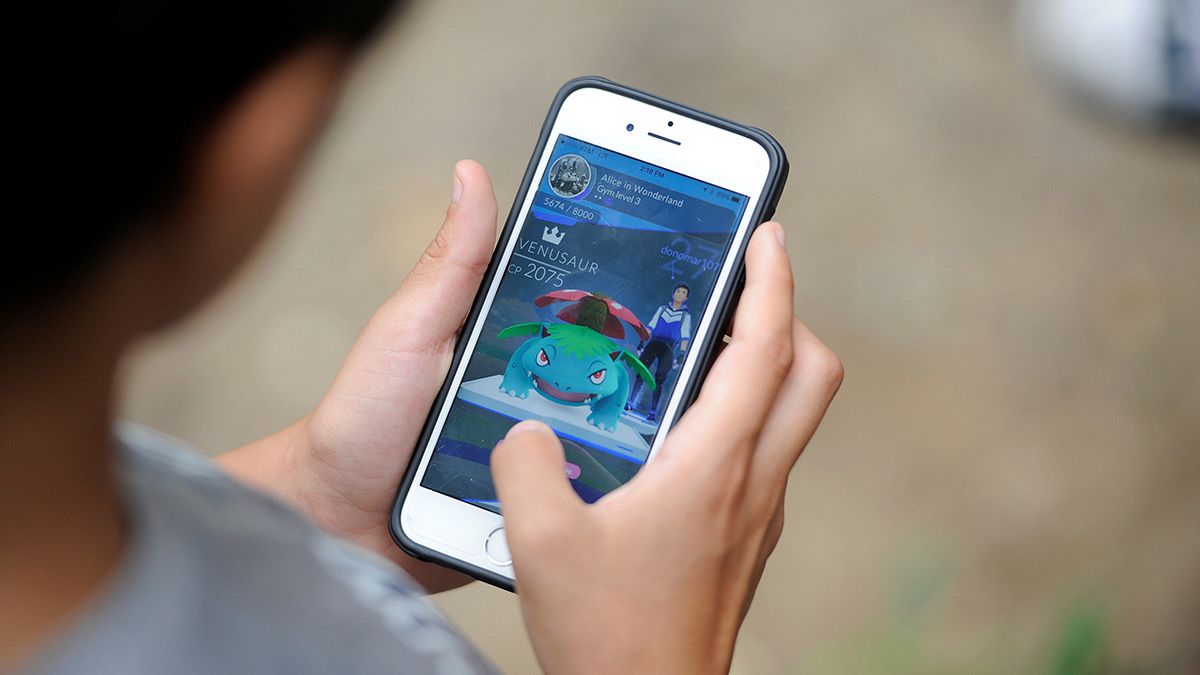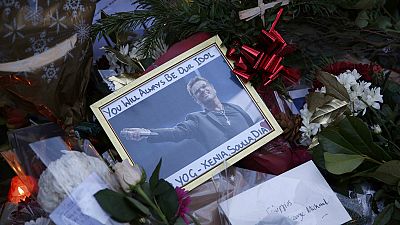The year of Samsung's overheating handsets, Apple's wireless headphones and Mario not as super as Pokemon.
It was a standout year for technology giant Samsung, but not for the right reasons.
The South Korean smartphone maker’s flagship Galaxy Note 7 device came to market ahead of the latest iPhone and sales were brisk, until reports started coming in of handsets overheating and catching fire.
Recalls and battery changes failed to fix the problem; airlines banned the phones from their flights, and Samsung eventually had to make the decision to stop producing its star product and move to get them all back as it tried to limit the damage to its finances and reputation.
“Samsung Note 7 Still Haunts Holiday Travelers As Airlines Grapple With Safety Risks Of Gadgets – Forbes” https://t.co/KoPQZLZ4Rc#Startup…
— Tech Bytes (@DailyTechbytes) December 10, 2016
The final cost will run into billions in lost revenue and incentives to users to buy the next model – the Galaxy Note 8 – as well as settling law suits.
Where do you plug in the headphones?
The smartphone that the Note 7 was supposed to see off was the iPhone 7, the latest offering from Apple and the company’s most important product in terms of profitability.
The new handset upset some by abandoning the traditional headphone socket. Instead there were wireless headphones known as AirPods.
As well as being rather pricey and only working for five hours before needing to be recharged, critics pointed out they are eminently losable and all but impossible to recycle.
And then in a rare marketing slip-up by Apple there was a two month delay before they became available with no reason given for the hold up.
Here are my thoughts of the AirPods experience. Had them for five days or so. https://t.co/HZ1R0eevyQ
— Ben Bajarin (@BenBajarin) December 19, 2016
Mario fails to match Pokemon success
Apple also paired up with Nintendo, which in a surprise announcement said that its popular game franchise Super Mario Bros would debut exclusively on the newest iPhone.
That excited gamers and investors alike, but Super Mario Run – which was released in mid-December – failed to impress with players complaining about the price for anything above the most basic version.
#SuperMarioRun's poor reviews are the result of diverging from the norms that mobile consumers have gotten used to. https://t.co/JHxLVzUWRQpic.twitter.com/zWP80NAyMS
— M.H. Williams (@AutomaticZen) December 20, 2016
The enormous success of Pokemon GO earlier in the year had led to high hopes for Mario.
That augmented reality mobile-phone game, which sends players hunting for imaginary monsters on public streets, was downloaded more than 500 million times. It was a true viral success, driven more by word of mouth than advertising.
But the craze wained, with interest rapidly dwindling as updates dried up and millions stopped playing.
However, it remains by far the most popular mobile game in the United States and its worldwide roll-out continues, with more countries coming on stream as the year ended, including India and Pakistan.
Pokémon GO didn't have a lasting effect on physical activity, but it was a good start. https://t.co/Go8PrlYXTqpic.twitter.com/UVg6DHYCU6
— Science Channel (@ScienceChannel) December 19, 2016



